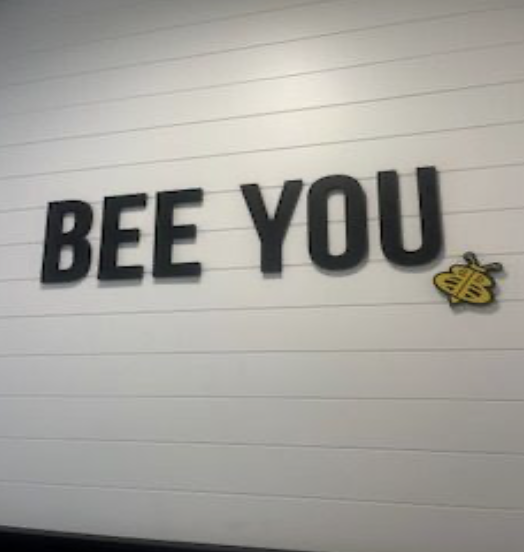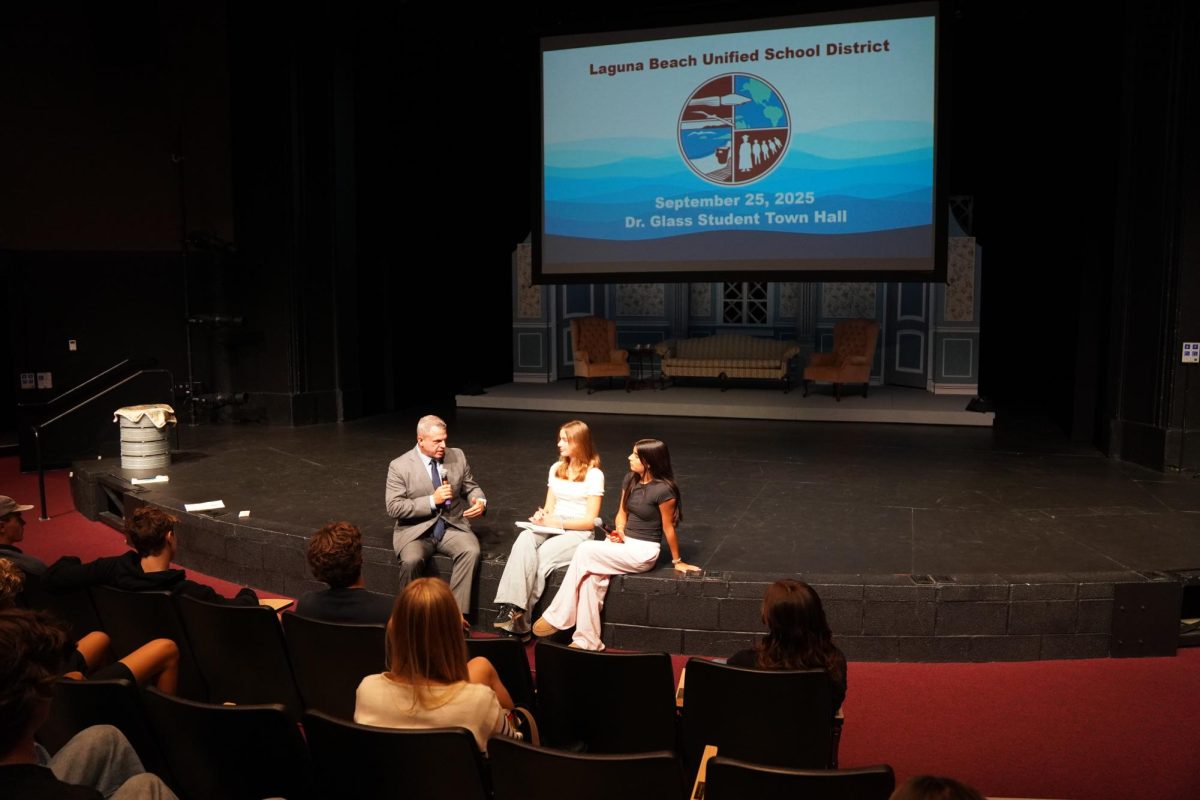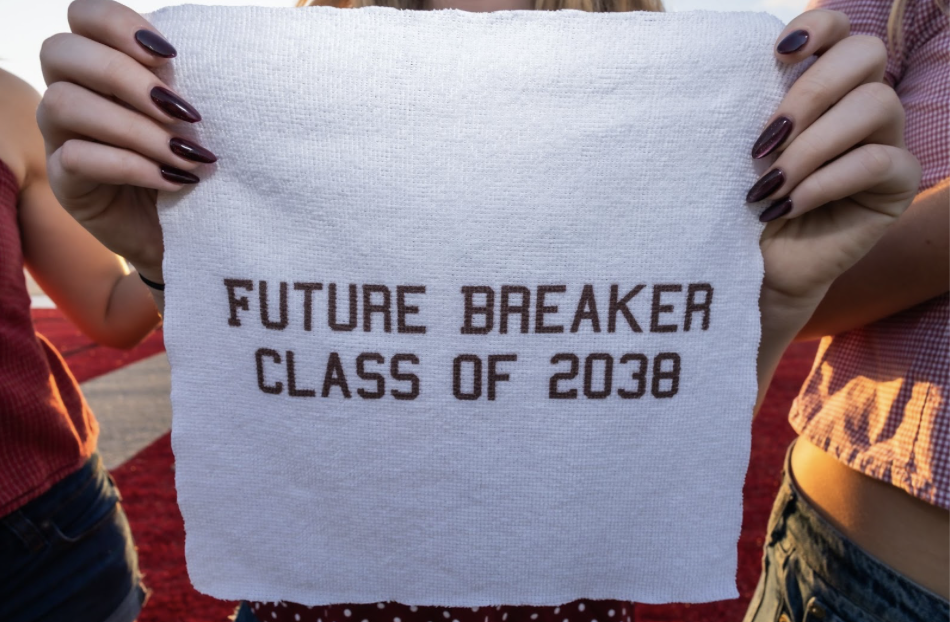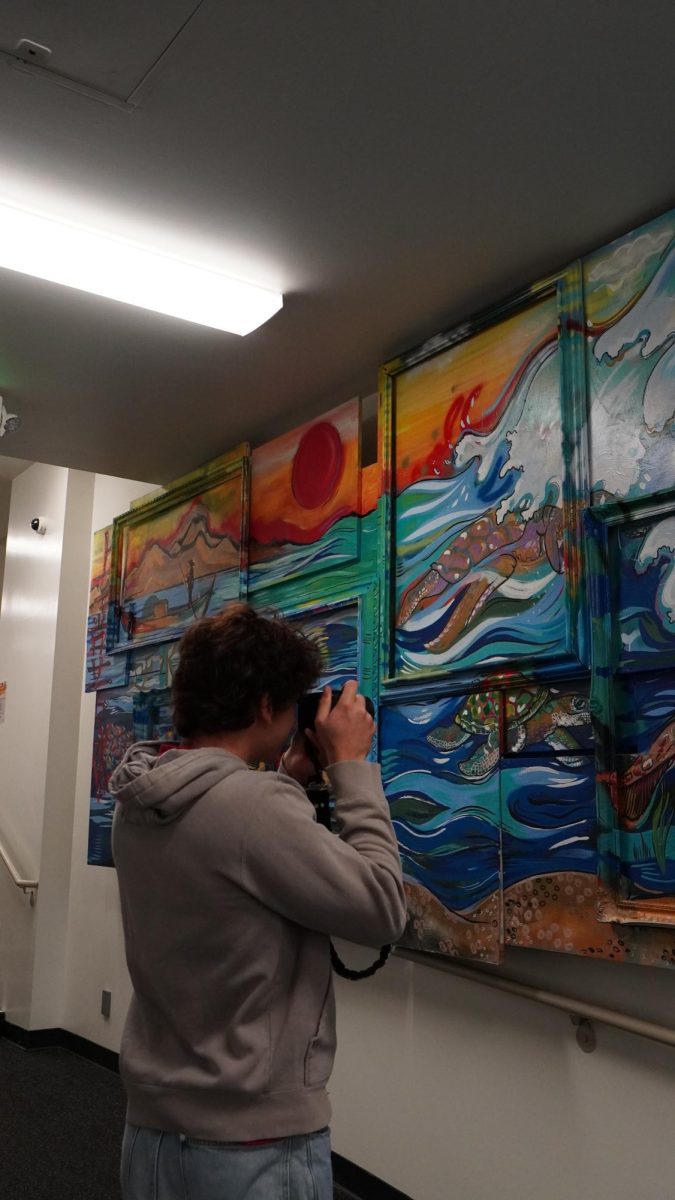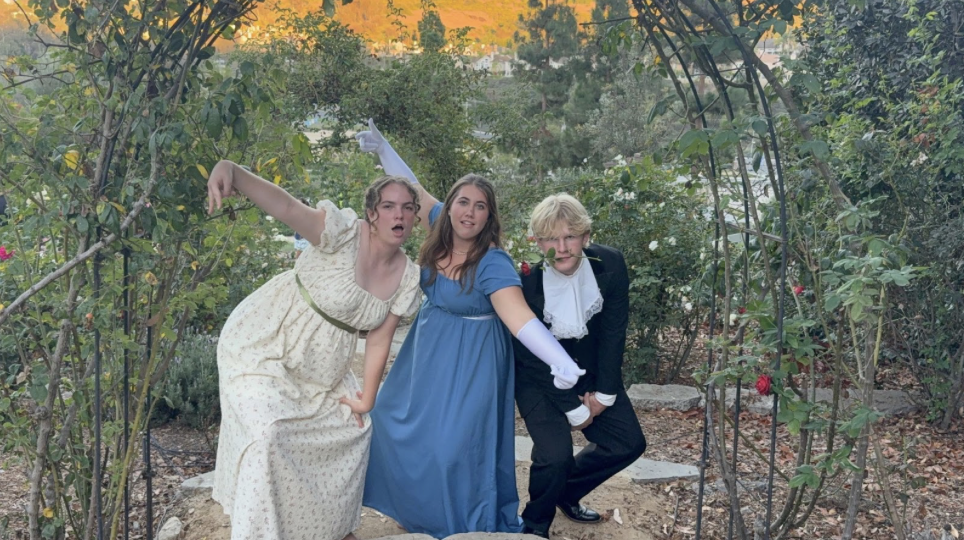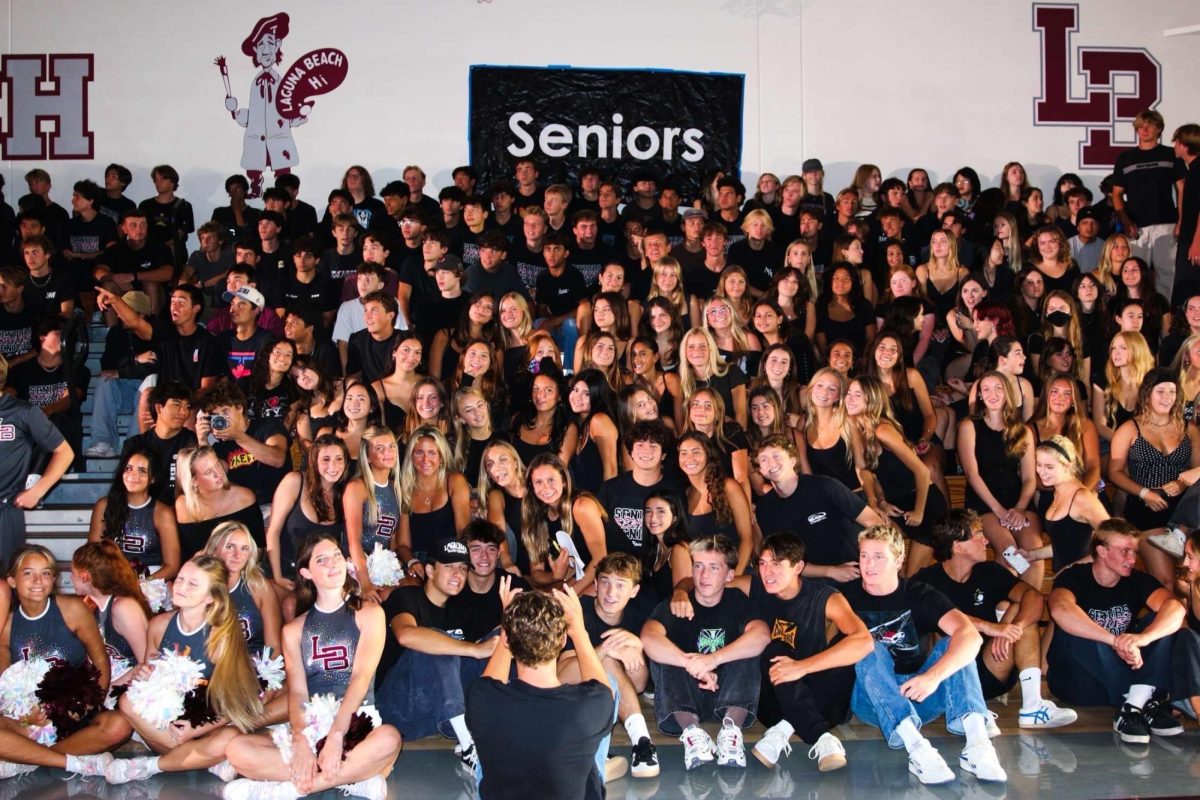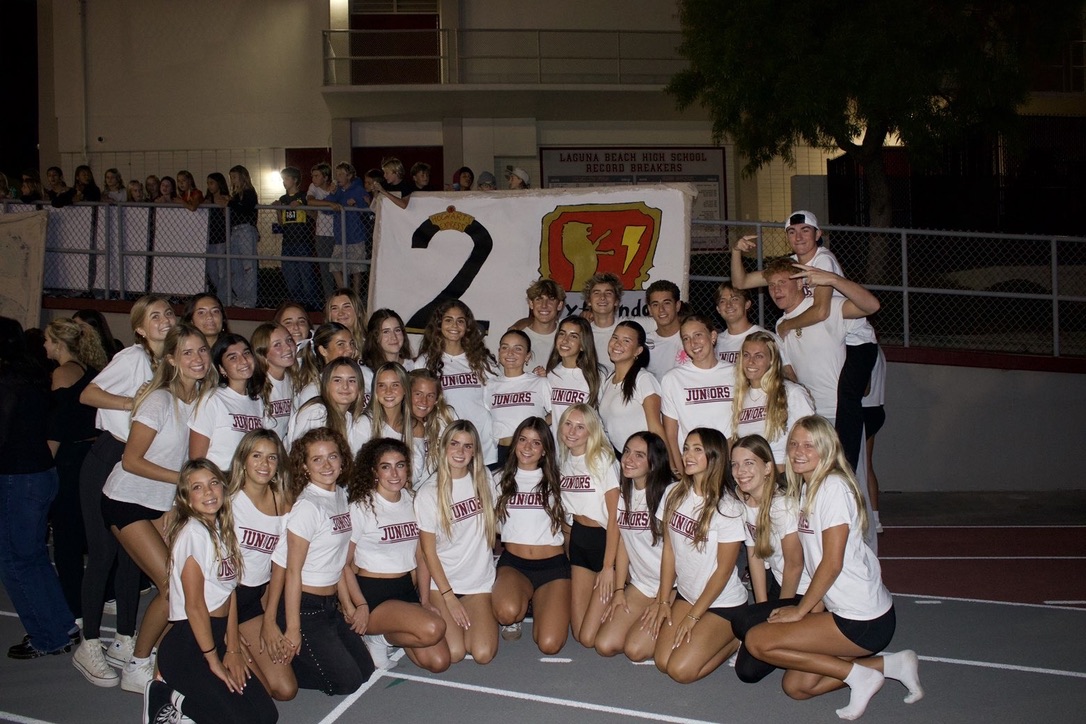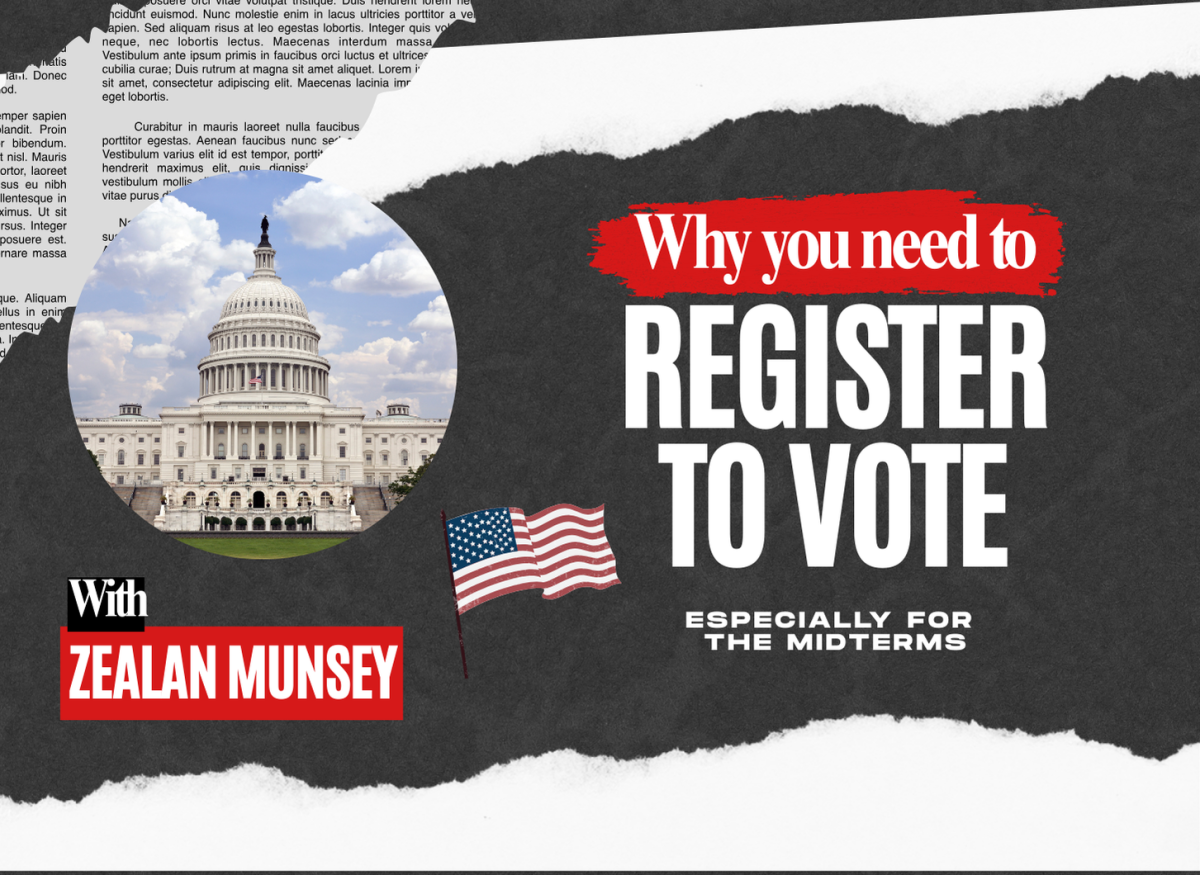
Beyonce, formally known as Beyonce Giselle Knowles-Carter, is a world-renowned American singer, songwriter, actress, and businessman known for her incredible vocals, performances, and influential presence in the music industry. She has received numerous awards throughout her career and is labeled by many as one of the greatest singers of our time. She was born on September 4, 1981, in Houston, Texas, where she began performing very young and later rose to fame in the 1990s. She was the lead singer of the R&B group Destiny’s Child and then transitioned into a solo career, releasing numerous top-hit songs. She is now married to rapper and businessman Jay-Z, and they have three children together.
Beyonce was not just any average pop star; she used her fame to advocate for various social issues. She addressed topics such as feminism, racial inequality, and empowerment using her influential platform. Through her songs, public statements, and performances, she challenged societal norms for better representation and inclusivity in the entertainment industry. One account of her addressing critics through her music was the album “Lemonade” released in 2016. This album examines empowerment and black identity topics, drawing ideas from her personal story and broader public narrative. Through her powerful songs like “Sorry” and “Formation,” she celebrates black womanhood and resilience. These songs sparked significant conversations, showcasing her brave and impactful attitude.
Beyonce took her advocacy and activism to the next level when she performed alongside Coldplay and Bruno Mars at the 2016 Super Bowl. In this performance, she and her background dancers made poignant references to racial justice in America. First, she raised her fist to celebrate the 50th anniversary of the Black Panther Party (a racial justice group). Her background dancers also wore black berets and stood in an X formation, paying homage to Malcolm X, the famous civil rights activist. Some say her performance was too explicit, given that families nationwide were watching this halftime show. Others criticize her, stating that she outshined Coldplay in this performance because it was supposed to be split equally between them. This performance was a significant risk for her career, and most applaud her for her daring behavior, considering the mass audience it reached.
Because of the actions she took to better race-based inequality, she faced significant backlash. The viewers initially applauded her Super Bowl performance; however, some classify it now as an “anti-American act of tourism.” The public also took their opinions to social media, but not in a beneficial way; they condemned and damned Beyonce for her celebration of black culture. This condemnation was taken as a reflection upon all black-American artists, forcing them to hide their cultural identity. Other artists were too scared to speak out because of the backlash Beyonce faced, so why wouldn’t they as well? The song “Formation” also received some backlash because it allegedly supported Voodoo and Hoodoo practices, with the music video set in a dark plantation house and the subjects of dreams, body, power, and magic within the song. Many people in the Southeast portion of the United States, and the community of New Orleans in particular, grew increasingly outraged due to her portrayal. Beyonce tried her best to promote feminism and racial equality positively, but public perception took it the wrong way. Because of these incidents, Beyonce is now characterized by some as “anti-American,” which could not be further from the truth. The actions she took helped to bring together women of color and empower all races.

